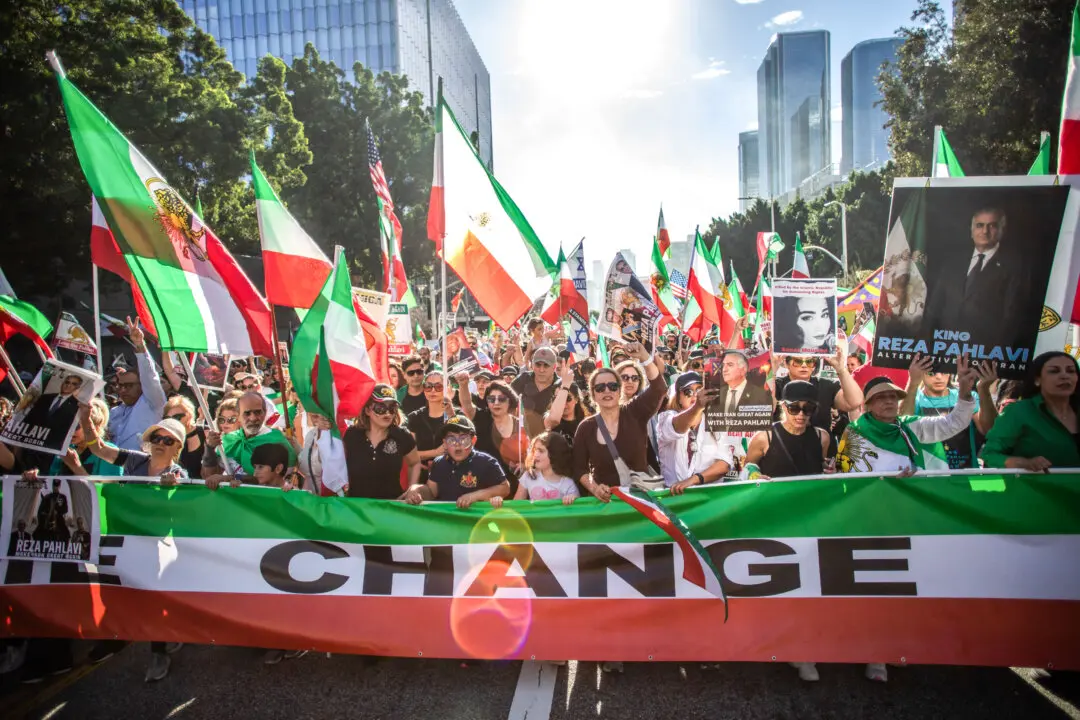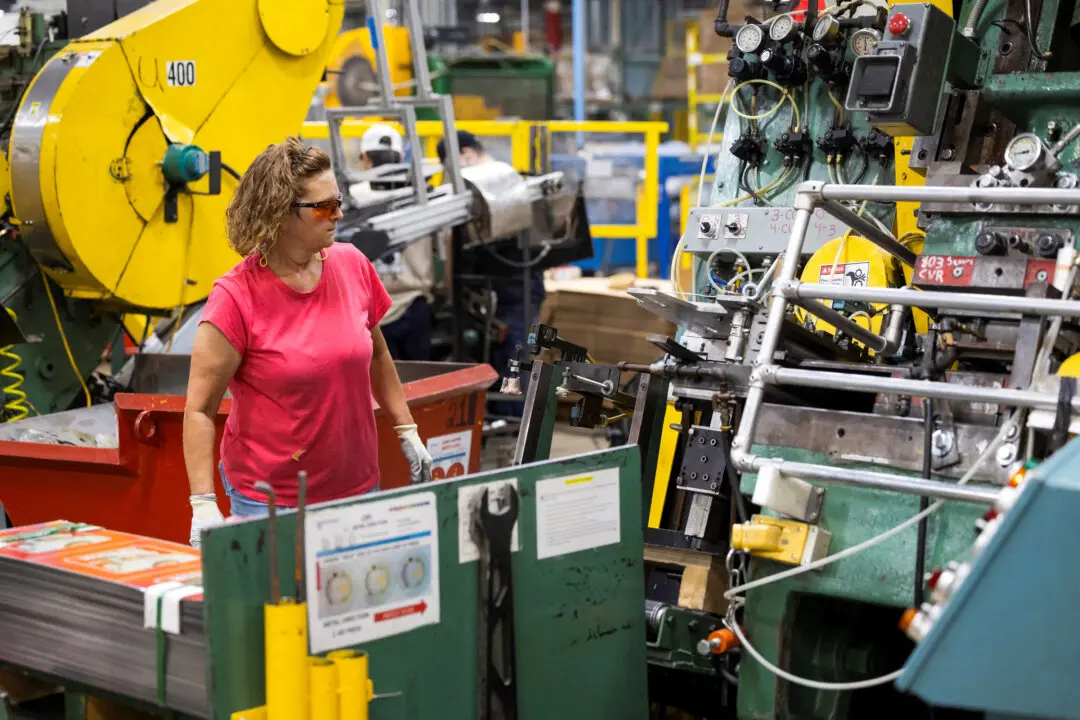WASHINGTON—Consumer prices continue to rise at the fastest pace in decades, prompting critics to argue that the Biden administration’s policies are “overheating” the economy. Inflation also is wiping out gains for workers as consumer prices are rising faster than wages, according to President Barack Obama’s top economists.
The consumer price index (CPI) rose by 0.9 percent last month, the largest gain since June 2008. In the 12 months through June, inflation was up by 5.4 percent.





